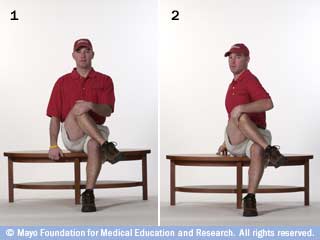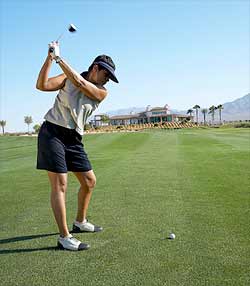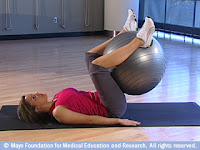Yoga for Golfers
Yoga postures can strengthen weak areas and help ease muscular tension. Golf can also lead to tight hips, quads and hamstrings so golfers benefit from poses that open up the hips and stretch the hamstrings.The golf swing requires stability and flexibility of the hips and thoracic spine. A regular yoga practice can help address these issues.
Golfers will also benefit from upper body strengtheners like down dog and plank and here I will show you some of the Yoga Poses that will benefit you most.
Golf requires a great deal of physical skill and practice, so you need the mind to be as calm ad possible so it is easy to focus on the task at hand. The emphasis on breathing and mind-body connection in yoga is essential in helping for golfers to develop mental acuity, patience and concentration.
Some of the best Yoga Poses for Golfers
Downward Facing Dog
Cat Cow Pose
Pigeon Pose
Plank
Chaturanga
Triangle Pose
Revolved Crescent Lunge
Bird Dog of Kneeling Balance
Eagle Pose
Crow Pose
Mountain Pose
Here you can get your Free Yoga lessons , just 15 minutes a day
Revolved Crescent Lunge




























